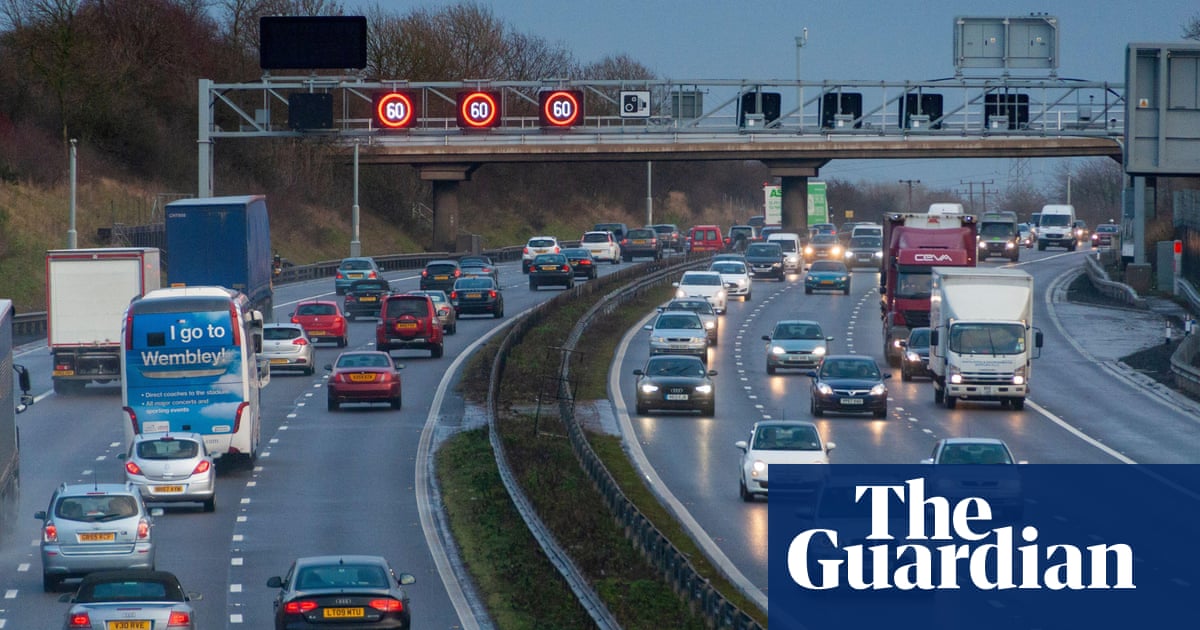West coast fares could rise to incentivise people ‘to not travel by rail’, UK watchdog says

- by Admin
- July 23, 2024

The axing of HS2’s second leg is likely to mean higher train fares on the west coast mainline from London to Manchester and beyond to reduce demand, according to a report from the government’s spending watchdog.
Rishi Sunak cancelled work on the HS2 high speed railway north of Birmingham last September, citing spiralling costs, and promised to divert the £36bn budget to other transport schemes, including £8bn for filling potholes.
However, the National Audit Office (NAO) said the move had “created uncertainties in a range of complex areas, particularly as HS2 Ltd and other rail organisations had not been involved with the decision”.
While only the London to West Midlands high-speed leg is going ahead, the new HS2 trains will replace services using Avanti’s bigger Pendolinos on the existing west coast mainline north of Birmingham.
The report noted that while the Department for Transport (DfT) had intended HS2 to address the lack of capacity on the line, the result would now be that there could be 17% fewer seats on trains between Birmingham and Manchester than at present.
It said the DfT would need to assess options to manage demand by “incentivising people to travel at different times or to not travel by rail”.
Meanwhile, the costs of winding down work and restoring sites for the cancelled HS2 phase 2 were likely to reach £100m and take three years to complete.
The NAO said that HS2 Ltd and the DfT had also assessed that it was now cheaper to proceed with some works on the line from London to Birmingham that have become obsolete than it would cost to stop them.
That means Birmingham’s new Curzon Street station for HS2 will be completed with all seven platforms, although the number of train services envisaged since Sunak’s cancellation requires only three.
Almost £600m had been spent buying land and about 1,000 properties on the phase 2 route that would no longer be needed for HS2, the NAO reported.
The transport secretary, Louise Haigh, said: “It’s long been clear that the Conservatives recklessly mismanaged HS2 and allowed the costs to spiral entirely out of control – but this report lays bare the scale of their mistakes.
“We are reviewing this report’s findings, alongside the position we have inherited on HS2 and wider transport infrastructure, and will set out next steps in due course.”
The High Speed Rail group, which represents engineering and rail companies who had backed the project, said: “This report makes clear the plan the incoming Labour government is inheriting – a truncated HS2, and a west coast mainline operating at capacity – is not going to help grow the national economy, nor is it going to allow train performance on the [route] to return to acceptable levels.
“A line which fails to reach central London, and which worsens the bottleneck north of Birmingham, is an inheritance that needs amendment.”
after newsletter promotion
The Railway Industry Association said the full benefits of HS2 could be achieved only with the full scheme. Its chief executive, Darren Caplan, said: “With large parts of the planned HS2 scheme scrapped, the problems of a lack of current and future capacity on the UK’s north-south railway corridors remain.
“Today’s NAO report is a stark reminder that the current position of no new significant capacity to ease congestion on this rail corridor is simply untenable.”
The total cost to complete the phase 1 scheme as it stands from London to Birmingham is between £49bn and £57bn at 2019 prices, according to HS2 Ltd, although the DfT estimates it will cost £45bn to £54bn. Both exceed the existing funding envelope of £44.6bn.
HS2 Ltd spent £8.7bn on the scheme in 2023-24, according to government supply estimates published last week.
A spokesperson for HS2 Ltd said: “This is a project of unprecedented scale and complexity and the cancellation of phase 2 has increased our cost challenges.
“We are now making sweeping reforms to control costs better and deliver the next stage of the programme – passing peak construction between London and the West Midlands and starting the transition to a working railway.”
The Latest News
-
December 23, 2024On board with the pilots doing one of Britain’s toughest jobs
-
December 23, 2024Donald Trump taps ‘Apprentice’ producer as special envoy to UK
-
December 23, 2024Daily horoscope: December 23, 2024 astrological predictions for your star sign
-
December 23, 2024Sharp fall in UK business activity forecast as economic gloom deepens
-
December 22, 2024Foxtel offloaded to UK streamer for $3.5b





